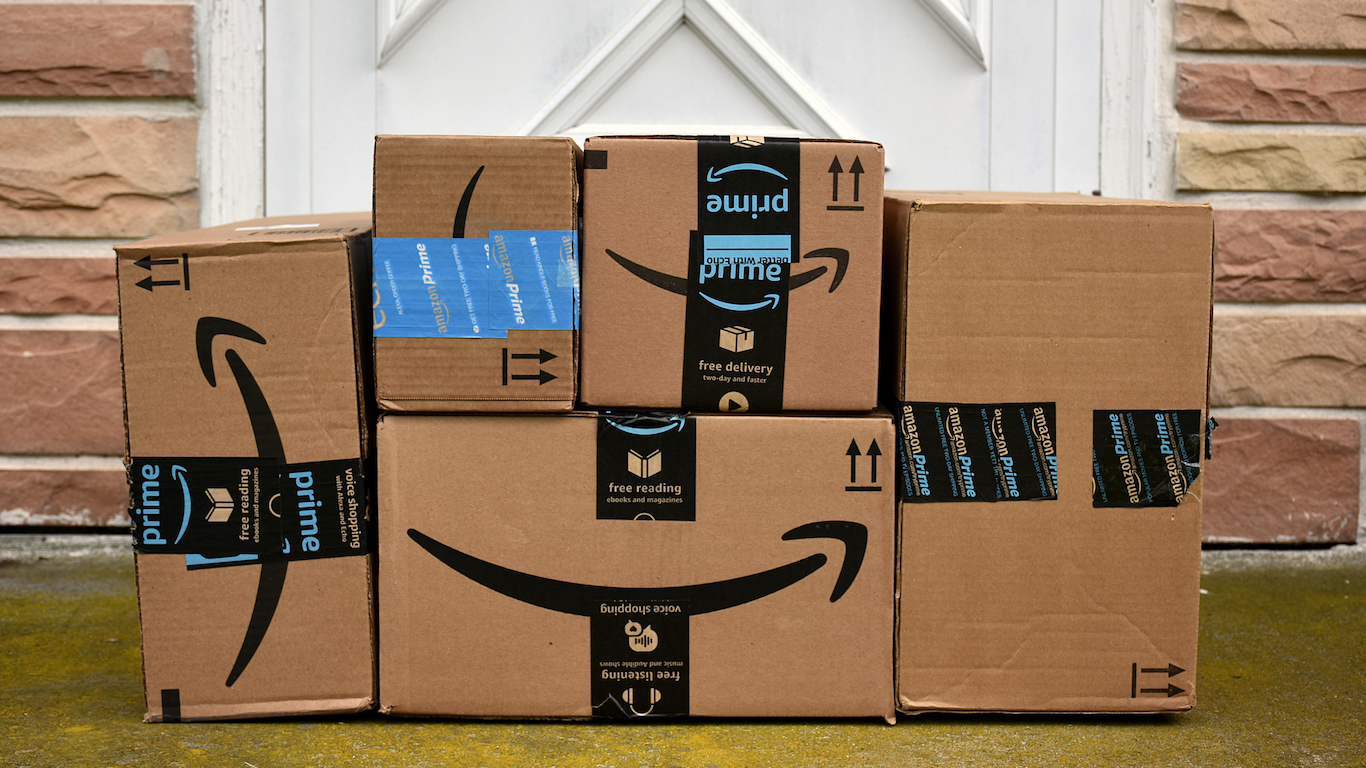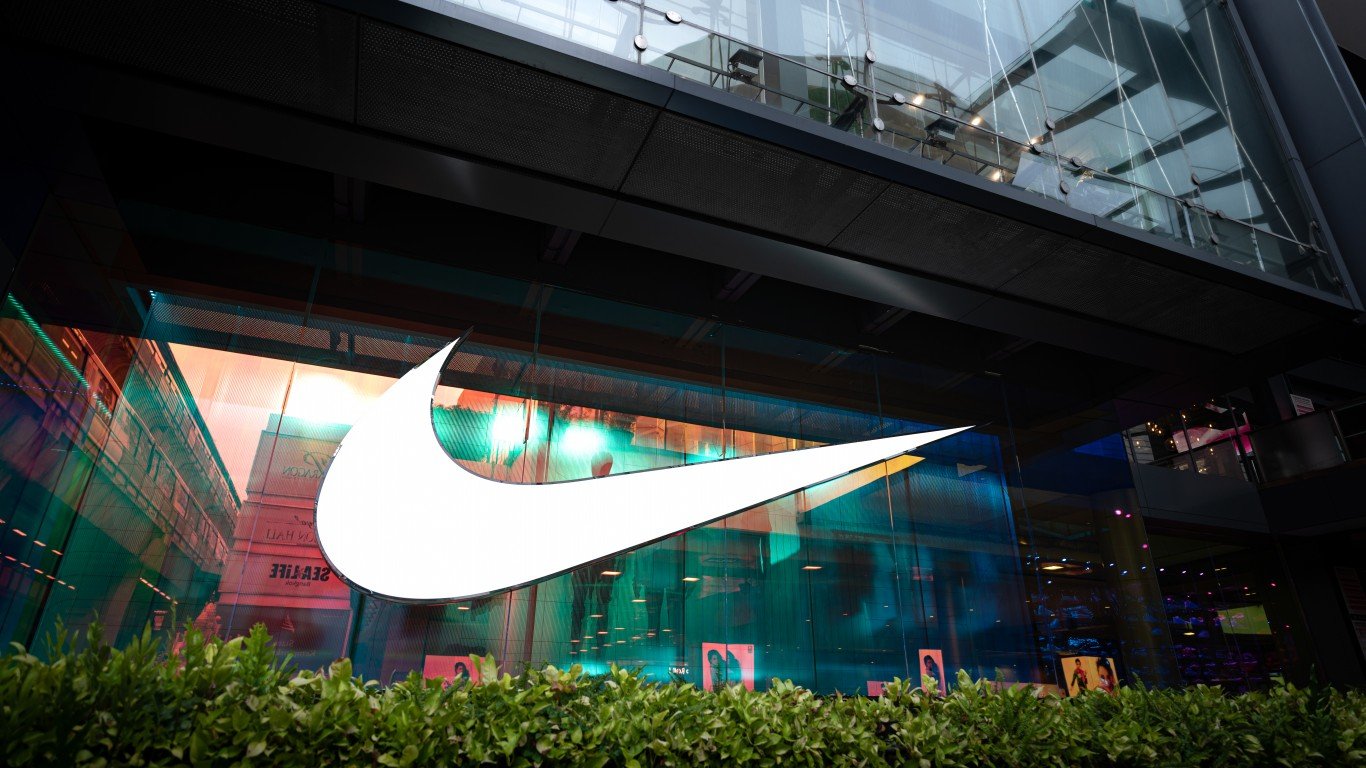

Of the top 100 product categories and brands in a new ranking of customer loyalty leaders, more than a third (35%) are tech companies engaged in digital technology, social networks and products. In fact, of the top 10 brands, only one is a non-tech firm.
The ranking is based on a survey by brand consultancy Brand Keys of 84 product categories and 761 brands. The survey included more than 50,500 consumers ages 18 to 65 who were recruited from the nine U.S. Census Regions. Respondents self-selected the categories in which they are consumers and assessed the brands for which they are customers.
Brand Keys’ founder and president, Robert Passikoff, said:
Digital and tech brands have held their ground. But traditional brands have worked harder to create the emotional value connections necessary to bolster the loyalty bonds necessary for keeping current customers, developing new ones, and making profits.
The top 20 loyalty leaders and the associated categories are:
- Amazon.com Inc. (NASDAQ: AMZN): online retail
- Google, part of Alphabet Inc. (NASDAQ: GOOGL): search engines
- Apple Inc. (NASDAQ: AAPL): smartphones
- Netflix Inc. (NASDAQ: NFLX): video streaming
- Amazon: video streaming
- Samsung: smartphones
- Apple: tablets
- Facebook Inc. (NASDAQ: FB): social networking
- Amazon: tablets
- Trader Joes: natural foods
- WhatsApp: instant messaging
- Domino’s: pizza
- YouTube: social networking
- Hyundai: automotive
- Ford Motor Co. (NYSE: F): automotive
- Instagram: social networking
- iTunes: video streaming
- Nike: athletic footwear
- Dunkin’ Donuts from Dunkin’ Brands Group Inc. (NASDAQ: DNKN): coffee
- Apple: computers
Amazon placed three brands in the top 10 while Apple and Facebook each placed three and Google placed two in the top 20. Of the top 20, 14 are digital tech brands.
Why is this important? Passikoff explained:
It’s loyalty’s Rule of Six playing itself out in the real-world. If consumers use a brand’s products or services in one category and exhibit high degrees of loyalty, they are six times more likely to use the brand’s products and services in other categories. You can joke about certain brands taking over the world, but from a loyalty perspective it seems eminently conceivable.
None of the five brands that made the biggest positive year-over-year moves was a tech brand:
- T.J. Maxx (up 38 to rank 35th, currently with net sales up 12%)
- 5 Guys Burgers & Fries (up 36 to 64th, and same-store sales up 3%)
- Zara (up 32 to rank 57th, with same-store sales up 2%)
- Lyft (up 18 to rank 77, now with 35% of the U.S. rideshare market)
- JPMorgan Chase (up 17 to rank 51st, accompanied by an 18% increase in profits)
Here are the five brands that fell the farthest year over year:
- Airbnb (down 68 to rank 99th, suffering from regulatory and local-resident protests)
- Starbucks (down 46 to rank 63rd, following announced closing of 150 stores)
- MAC Cosmetics (down 42 to 81st, caught up this year in an animal testing controversy)
- Victoria’s Secret (down 33 to rank 93rd, with −6% same-store sales)
- BuzzFeed (down 21 to rank 86th, with web traffic down and readers heading back to traditional news sites)
And just in case you were wondering, no airlines made the top 100 list.
The full Brand Keys list is available at the firm’s website.
Sponsored: Find a Qualified Financial Advisor
Finding a qualified financial advisor doesn’t have to be hard. SmartAsset’s free tool matches you with up to 3 fiduciary financial advisors in your area in 5 minutes. Each advisor has been vetted by SmartAsset and is held to a fiduciary standard to act in your best interests. If you’re ready to be matched with local advisors that can help you achieve your financial goals, get started now.
Thank you for reading! Have some feedback for us?
Contact the 24/7 Wall St. editorial team.
 24/7 Wall St.
24/7 Wall St.


